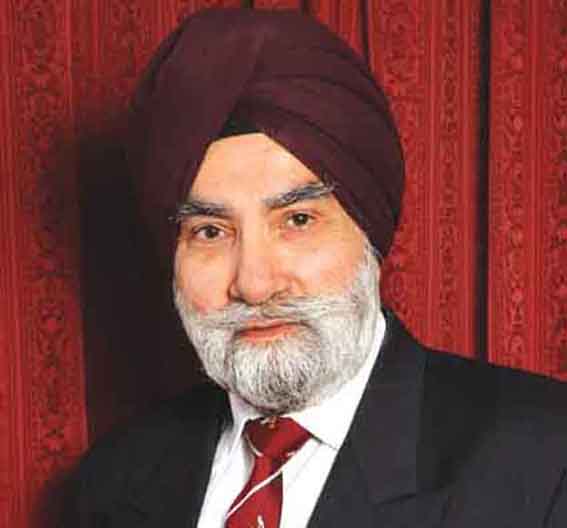New Challenges Require ONE Nationwide UK Sikh Assembly

For a diasporic community like the Sikhs, there is always a need for organisation and communication at local, national and global levels. UK Sikh jathebandis need to assemble periodically to exchange views about topics and challenges faced by British and global Sikhs.
The Sikhi ideal is to sit together without giving up jathebandi pursuit of own objectives at local and, like some Sikh charities, even global levels. Khalsa Misls of the 18th century showed us the way. They pursued own objectives but met at least twice annually as Sarbat Khalsa to seek common direction. That ensured Panthic cohesion and survival.
The UK Sikh Council initiative showed us the way for many years until faced by the usual problem of internal disagreements defeating the objective of one periodical nationwide meeting facility. Next generation Sikhs need to revive that ideal while learning from past mistakes. With similar national level umbrella Sikh forums in other diaspora countries the consultation process can be taken up to global level. Such an organisational structure is effective only if built from local Sangat grassroots level and not imposed from the top like the present world or global sounding organisations/councils set up by well-meaning individuals. These are more like discussion forums of like-minded groups but, otherwise lack input from local Sangats and confuse next generations and observers.
Wherever there is Khalsa Panth, there is the Miri-Piri of Sri Akal Takht Sahib to seek common Panthic guidance. The concept of the Institution of Sri Akal Takht Sahib needs to be understood in the same sense as other Sikh institutions. They are not confined to one building or location but are there wherever there is Khalsa Panth. Yet, that does not detract from the historical significance of Sri Akal Takht Sahib located in Harmandar Sahib complex. There, Sikhi Miri-Piri ideal and history converge. Sikhs have survived and returned with greater strength when the historical Akal Takht building has been taken over by non-Sikh forces.
The Five Takhts including Sri Akal Takht Sahib, have the same authority and this is the Sikhi ideal of power devolution which needs to be understood and accepted in the historical context. The Gurmatta methodology is universal and available from local to global levels.
Today, we are seeing rapid socio-political changes in the UK and globally with a swing to the extreme right which pose major challenges for British Sikhs. Sikhs in other Western countries are in the same situation and they cannot expect much guidance from the mismanaged central Sikh institutions based in Panjab. Countries like UK, Canadian and USA with significant Sikh populations can lead regarding such initiatives while jathebandis continue to pursue aims in own areas.
Sikhs face challenges of assimilation and extinction like numerous peoples and civilizations in human history. Diasporic communities like the Sikhs have been dispersed globally from their country of origin due to voluntary or forced migration. They remain linked through religio-cultural identity, shared ancestral roots and family ties. They share concerns about community progress and about threats to its existence as a distinct theo-political entity in plural societies.
We have many lessons to learn from communities which have been destroyed because they forgot their own language and culture or, like the American negroes, by re-discovering own roots, communities which have been able to re-assert and regain human rights and dignity.
The need for British Sikhs to revive one Panthic umbrella forum is urgent. Modern communication technology and networks make that possible.
Gurmukh Singh OBE
E-mail: sewauk2005@yahoo.co.uk
https://www.sikhiwiki.org/index.php/Gurmukh_Singh_OBE